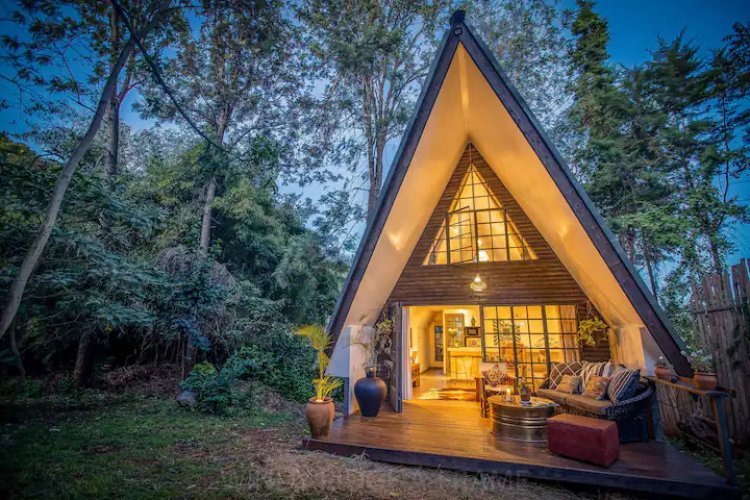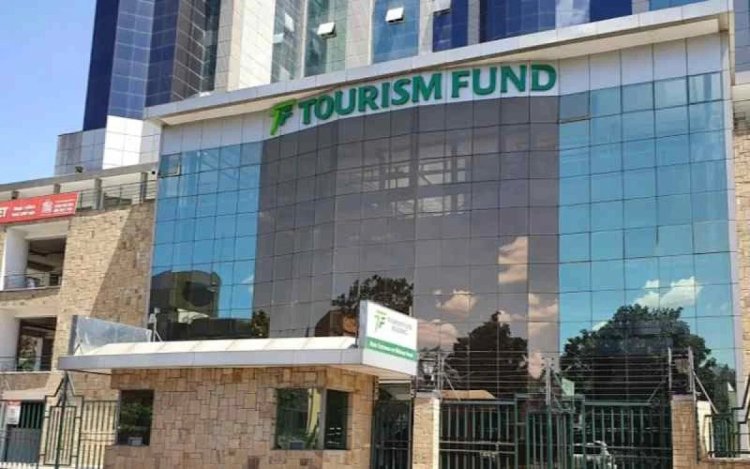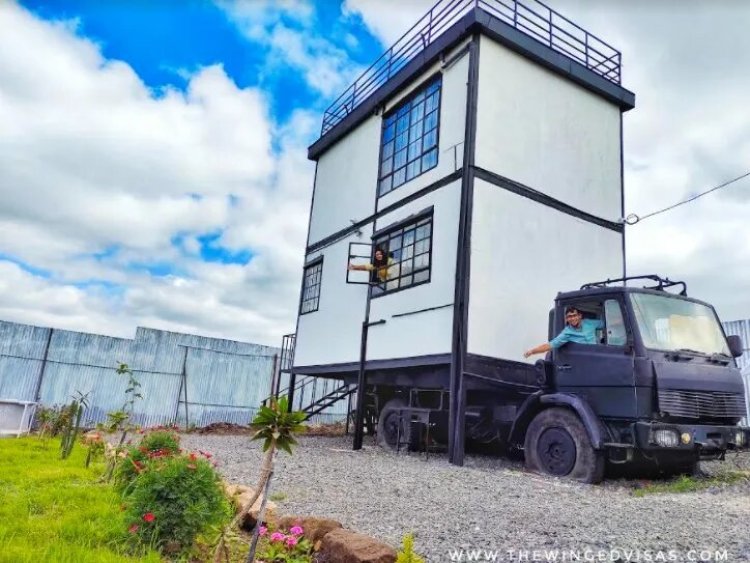Govt Goes After Airbnb Hosts Not Paying Taxes
The Fund is set to meet with Airbnb Africa officials so as to identify investors who have not registered their businesses.

If you host a homestay including Airbnb and have not registered the business with the Tourism Fund, you're in trouble and the government might be coming for you.
The Tourism Fund on Tuesday, October 3 put Airbnb hosts on notice over failure to register and pay the Tourism Levy which is charged to all facilities that offer accommodation services.
The Fund is set to meet with Airbnb Africa officials so as to identify investors who have not registered their businesses by scanning the online booking landscape in the country.
This could mean that the Fund could explore methods in convincing the global homestay host platform to deduct and remit the levy directly to the government.

The headquarters of Tourism Fund. /TOURISM FUND
The State Corporation found that out of 40,000 Airbnbs operating in Kenya, only 400 have been registered with the government.
In a statement, the Fund indicated that low registration among Airbnbs pointed to over 39,000 Airbnbs hosts yet to comply with the 2.0 per cent Tourism Levy.
"This is the situation that I've always raised and is why we're here. When you come to engage your stakeholders they have good suggestions on what we can do to build upon what we do," Tourism Fund Samson Kipkoech stated.
Registered businesses in the tourism sector are supposed to remit the two per cent tourism levy to fund various tourism-related initiatives, infrastructure development, and promotional activities.
A tourism levy is a fee or tax imposed on tourists or visitors to a particular destination. It is typically collected by the government or local authorities.
"The levy fund which is 2 per cent goes into product development and stakeholders are eager to discuss about solutions from the partnerships not necessarily matters payment," Kipkoech noted.
The purpose of the levy is to generate revenue that can be reinvested into the tourism industry to support its growth and sustainability.
The Kenya Revenue Authority (KRA) is charged with collecting the two per cent tourism levy from hotels and restaurants.
The Agency further asked all Airbnb hosts that aren’t registered are now asked to visit any nearest Tourism Fund office for registration.
The move to hand over the collection of the levy to the KRA comes on the back of several State agencies outsourcing the services to the taxman, which is seen as more efficient in the task.
The taxman may now collect the charge on the gross sales derived from the sale of accommodation, food, drinks, and all other services offered in scheduled establishments.
Homestay services have been on the rise in recent years as business and leisure travellers seek cheaper alternatives to hotels.
However, with Kenyans complaining about increased taxation by the government affecting their pockets, the move could further affect people using Airbnbs as a source of extra income to cushion themselves from the hardships resulting from the high cost of living.


 admin
admin 




